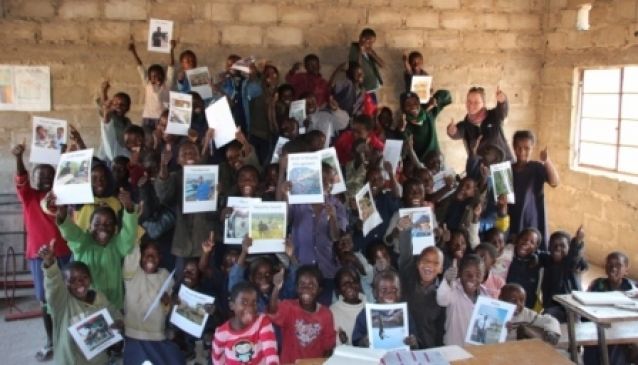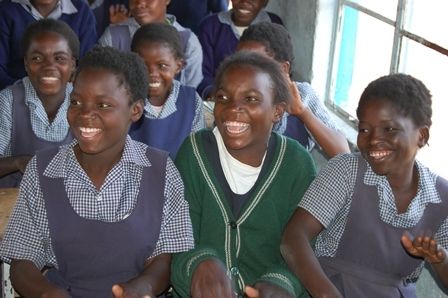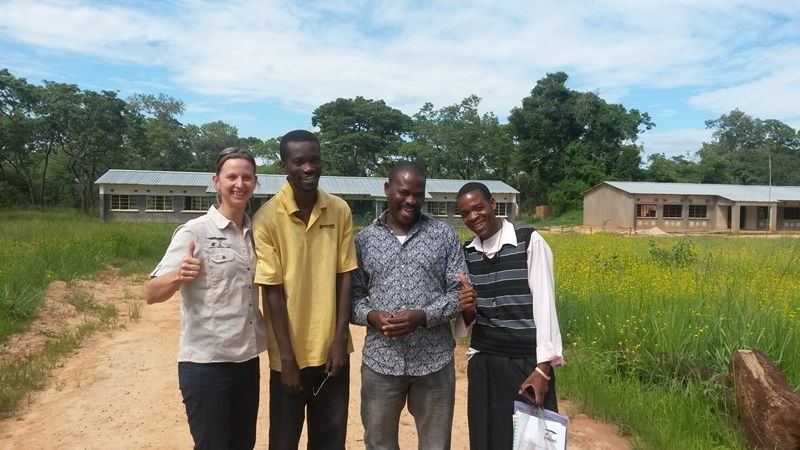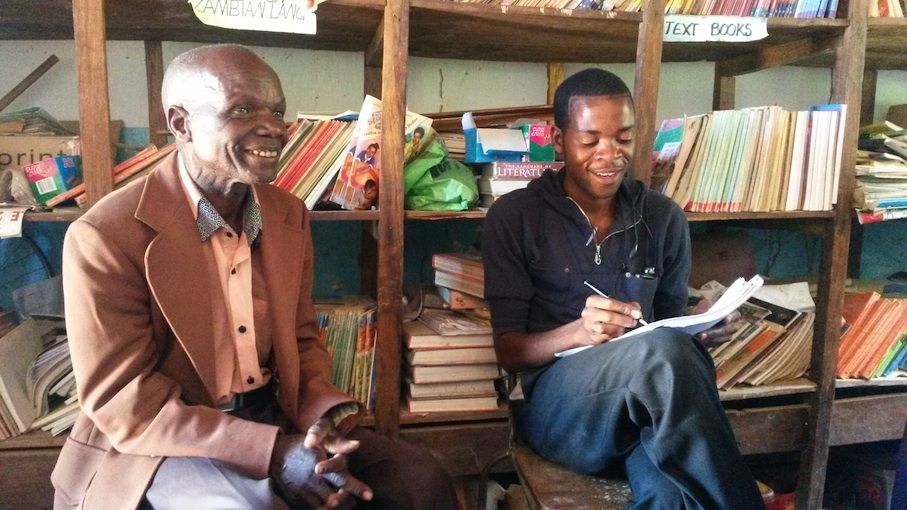Conservation "Chongololo" clubs teaching Zambian children about the environment

Planting a tree, learning how rain forms, playing games about the circle of life, these are all things that have helped many children understand and appreciate the importance of their natural surroundings. However in regions of the world where there are poor education levels and few resources these extra curricular activities are not always available to school-children. Game Rangers International are helping promote conservation awareness in Zambia, enabling children to experience and learn about their environment.

In North Western Zambia, rural Mufumbwe and Kasempa Districts are remote, with limited power supply and minimal mobile telephone network. Most households rely on subsistence farming but charcoal burning and illegal wildlife killing is widespread to substitute income. The communities living in this region depend directly on the environment for their wellbeing and if current behaviors continue or worsen it is the next generation that will suffer from environmental degradation and the likely resulting food insecurity.
Funded by UNDP, Zambian NGO Game Rangers International (GRI) has started working with ten basic (primary) schools to promote conservation awareness in Grades 5 and 6 in Mufumbwe and Kasempa Districts. “Chongololo” (millipede in the local language) conservation clubs were set up in the 1970s under a government initiative. However through lack of support and trained leaders the initiative has floundered and few remote conservation clubs remain active. GRI conducted an initial project site visit to the area in January 2014. Many of the teachers we met had been Chongololo Club members in the past and were very enthusiastic about the idea.

After a round of interviews local community teacher, 25 year old Peter Kilalo from Kaminzekezeke has been appointed as the local Muzovu Awareness Project Project Officer. Peter will be visiting each school to deliver the first lesson of a conservation curriculum. This resource filled with fun lessons and activities will then be handed over to the Chongololo club leader to continue to implement. Peter will then visit each school once a month at least to monitor and encourage the clubs as well as giving as conducting an extra activity. Later on in the year an environmental quiz will determine the three best performing “Chongololos” and they will be invited to travel into Kafue National Park to stay at an environmental activity centre.

Peter Kilalo meeting teachers
This fun and educational experience of the natural world, through Chongololo Conservation Clubs will plant the seed of awareness in many children’s minds. They are the conservationists of the future!